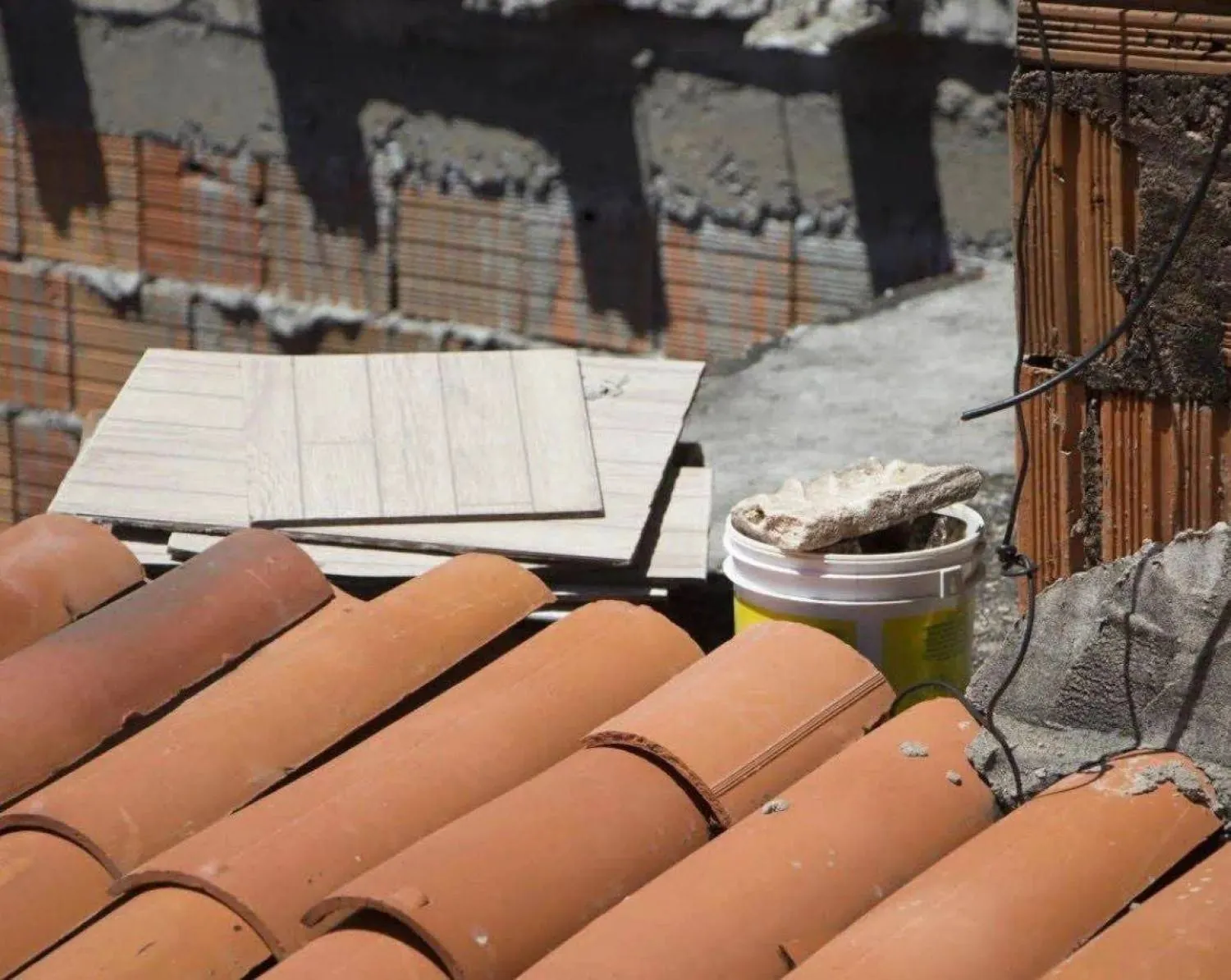Kuwaiti Emir Sheikh Meshal Al-Ahmad Al-Sabah expressed on Sunday pride in the alignment between Kuwaiti and Emirati positions on regional and international matters, particularly in light of the sensitive situations facing the region and the world.
During talks with UAE President Sheikh Mohamed Bin Zayed Al Nahyan, the Emir confirmed that evolving regional and international challenges require adherence to fundamental principles guided by international relations and conventions and the need to prioritize the voice of wisdom.
For his part, Sheikh Mohamed bin Zayed stressed the UAE's keenness “to strengthen cooperation with Kuwait and all GCC countries for the benefit of our peoples.”
Taking note of the difficult challenges facing the region and the whole world, the President affirmed that the Gulf cooperation system is a security policy ensuring stability in the region.
The UAE president arrived in Kuwait Sunday on a state visit.
Upon arrival at the Amiri Airport, he was received by the Kuwaiti Emir and Kuwaiti Crown Prince Sheikh Sabah Khaled Al-Sabah.
Official talks took place at Bayan Palace. The Kuwaiti side was headed by the Kuwaiti Emir and the Crown Prince while the Emirati delegation was headed by President Sheikh Mohamed bin Zayed Al Nahyan and several high ranking officials.
Sheikh Meshal Al-Ahmad Al-Sabah said his country is keen to advance relations with the Emirates, both bilaterally through the Kuwait-UAE Joint Committee, which coordinates efforts on various fields such as economy, investment, and trade, and through the Gulf Cooperation Council, all in pursuit of mutual interests for the peoples of Kuwait and the UAE.
The Emir expressed his pride in the alignment between Kuwaiti and Emirati positions on regional and international matters.
He stressed that in light of the sensitive situations facing the region and the world, confronting the regional and international challenges requires adherence to fundamental principles guided by international relations and conventions and the need to prioritize the voice of wisdom.
At the meeting, the Emirati President said the UAE believes that economic cooperation is the basis for strong relations and achievement of aspirations, adding that as such, the Emirates sees Kuwait as an essential partner for progress and development in the region.
In that regard, the President pointed to non-oil trade exchange between the two, pointing out that it had amounted to more than $12 billion.
The UAE is Kuwait's second-largest trading partner globally and the first Arab partner, while Kuwait ranks twelfth among the UAE's most important global trade partners.
Sheikh Mohammad bin Zayed then affirmed that “in light of the difficult challenges the world and the region are facing...Gulf cooperation stands as a fundamental guarantee for our joint interests, and to support security and stability in the region”.
Amiri Diwan Affairs Minister Sheikh Mohammad Abdullah Al-Mubarak Al-Sabah said the talks included ways of boosting the sturdy fraternal relations across various fields and expanding cooperation in what benefits both nations, as well as issues of common interest, supporting unity, joint Arab and Gulf work and latest regional and international developments.









